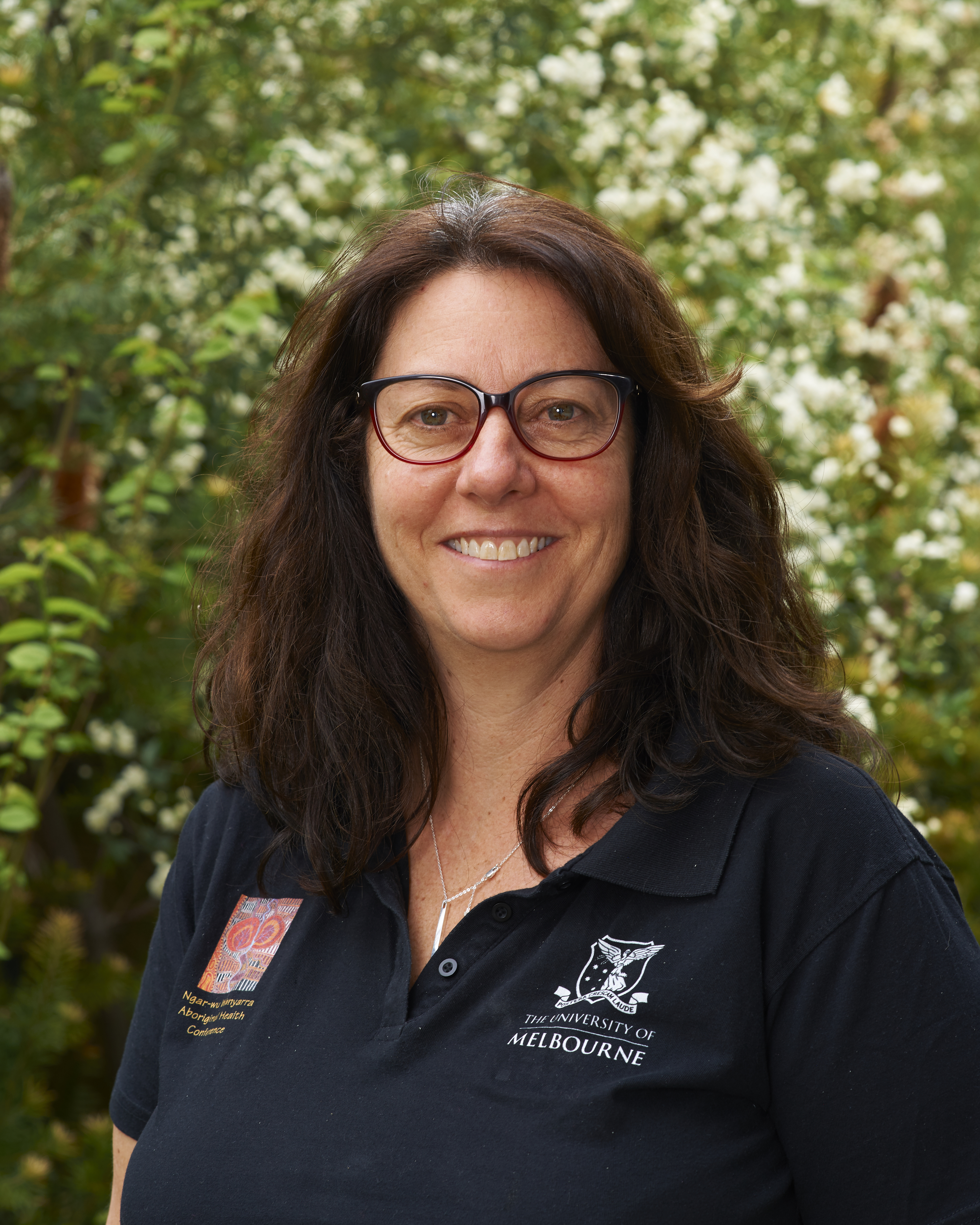Uptake of Aboriginal Health Quality Improvement Tools in rural Victorian Health Services
-

Professor Lisa Bourke03 5832 4582
Project Details
Health disparities continue to persist in Victoria between those living in metropolitan compared to rural areas. Rural Victoria is home to Aboriginal and Torres Strait Islander people who, across the nation, have the poorest health outcomes of any population group in the country. It is therefore essential that rural health services be competent in providing culturally safe and effective care to improve health outcomes for these groups. This is particularly relevant in rural areas where health services are fewer and typically more generalist than in metropolitan areas. This results in less choice of health services despite greater health need.
In 2011, a final review of the Improving Care for Aboriginal People (ICAP) and the Koori Mental Health Liason Officer (KMHLO) programs in Victoria found that the overall cultural competency of Victorian mainstream health services needed to be improved. In response to this, the Victorian Department of Health published the “Continuous Quality Improvement Tool: Aboriginal Health in Acute Health Services and Area Mental Health Services”. The tool is designed to assist mainstream health services to provide culturally responsive health-care to Aboriginal Victorians. However, there is little evidence of the universal adoption of this tool by health services or evidence to suggest that the health outcomes of Victoria’s Aboriginal people have improved as a result of the framework implementation. Furthermore, Victorian health services that receive additional WIES funding for Aboriginal inpatients were required to submit a report about the adoption and implementation of the tool to the Department of Health and Human Services (DHHS) in November 2015. While this was a requirement, it was not strictly compulsory and current estimates by the DHHS suggest that only 50 percent of Victorian health services have submitted these reports.
This research is an exploratory project that seeks to understand why rural Victorian acute and mental health services have or have not implemented the CQI tool and did or did not submit a report. The project seeks to understand the barriers to improving cultural competency in mainstream health services to enhance the delivery of culturally appropriate health-care for Aboriginal people in rural Victoria. In addition, the study contributes to building scholarly literature on the uptake of cultural competency initiatives in rural health services. This project offers insight into the practicalities involved in engaging generalist rural health services to move towards cultural responsiveness within their organisations for Aboriginal Australians.
Researchers
Research Outcomes
The project will yield a report and peer review publications.
Research Group
Access & Equity in Rural Health Care
Key Contact
For further information about this research, please contact the research group leader.
Department / Centre
MDHS Research library
Explore by researcher, school, project or topic.